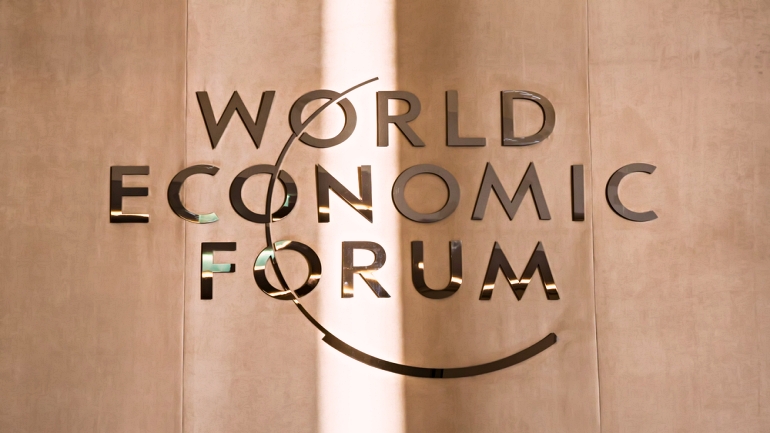The World Economic Forum Centre for Cybersecurity, in cooperation with leading Internet service providers (ISPs) and multilateral organizations around the world, have developed new Internet security principles to help protect up to one billion consumers in 180 countries. According to the World Economic Forum’s Global Risks Report 2019, the impact of indiscriminate malicious activity on the Internet can be significant and will carry an estimated global price tag of USD 6 trillion in 2021.
The new cybersecurity principles have been endorsed by BT, Deutsche Telekom, Du Telecom, Global Cyber Alliance, Korea Telecom, Proximus, Saudi Telecom, Europol, Singtel, Telstra, Internet Society, and the ITU. It is stated that ISPs are a critical community that have the ability to protect consumers against cybersecurity threats and therefore have a significantly positive impact on their safety.
Amy Jordan, Delivery Lead, Platform for Shaping the Future of Cybersecurity and Digital Trust, World Economic Forum, said, “Cybersecurity is becoming a public safety issue. As more and more devices are connected and physical infrastructure becomes increasingly connected, no one company can do it alone. The community needs to come together, and these principles can accelerate and scale impact.”
After a year of development and testing, the partners have identified four effective principles as being successful in preventing malicious activities from reaching consumers. It is recommended that ISPs protect consumers from widespread cyber attacks by default, and act collectively with peers to identify and respond to known threats. The providers need to take action to increase their understanding of threats and to assist consumers in protecting themselves and their networks. The ISPs also need to work closely with hardware, software and infrastructure manufacturers and vendors to increase minimum security levels, as well as take action to increase the security of signaling and routing to reinforce their defense against attacks.
“By adopting these best practice principles and working with governments in a public-private partnership to create a supportive policy framework, we will collectively boost trust in the digital economy and significantly reduce cybercrime,” said Stefaan De Clerck, Chairman, Proximus Board.
The World Economic Forum said it will now use its Platform for Shaping the Future of Cybersecurity and Digital Trust to drive the adoption of their stated principles. In addition, this organization will seek to initiate a dialogue between public and private stakeholders on how governments can advance the implementation of these principles, and also establish clearer policy frameworks and expectations.







